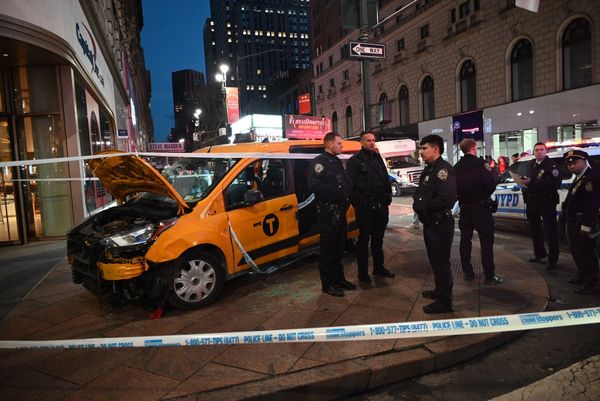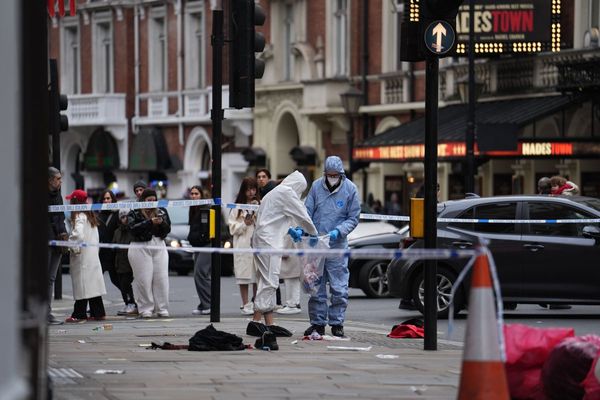More than 1.3 million Ukrainians have crossed borders since the Russian invasion started on the 24 February in what the United Nations is now calling Europe’s fastest-moving refugee crisis since the end of the second world war.
Figures released today by the United Nation’s Refugee Agency (UNHCR) show that to date 1.37 million people have fled Ukraine into neighbouring European countries after the military offensive ordered by the Russian president, Vladimir Putin.
“This is the fastest-moving refugee crisis we have seen in Europe since the end of the second world war,” UNHCR head Filippo Grandi said.
According to data from UNHCR, the speed of the exodus is already bigger than the migration crisis of 2015, when 1.3 million asylum seekers from Syria, Iraq, Afghanistan and Africa, fleeing poverty and wars, entered Europe.
Christine Pirovolakis, senior external relations officer for UNHCR in the UK, said: “Looking at the trends and latest data, it is highly possible that the number of people fleeing Ukraine may reach 1.5 million by tonight, the latest tomorrow.”
Most Ukrainians (53%) are heading west into Poland, which has so far welcomed about 756,303 people, followed by Hungary, with 157,004.
As the situation continues to unfold, an estimated 4 million people may flee Ukraine to escape the escalating violence.
Grandi told Reuters that so far most refugees who have crossed into neighbouring countries are not staying at the borders but moving on to friends, family and other connections already living in Europe. Yet he warned that future waves expected in the coming weeks would be more difficult for European to manage.
The village of Medyka in south-eastern Poland remains the main border crossing with Ukraine. Thousands of refugees are crossing the border by bus, car and on foot every day, mostly women and children, as Ukrainian men aged 18-60 are currently forbidden from leaving the country.
The mass exodus is proving difficult to manage, with queues of waiting cars stretching over 14km and people waiting up to 40 hours to cross. Small children are standing all day in freezing temperatures to cross with their families.
Alongside Ukrainian refugees are groups of foreign nationals from countries including Pakistan, Ghana, Morocco and Somalia, many of them students, but also workers and asylum seekers. There have been reports of foreign nationals being racially abused and discriminated against as they tried to cross to safety.
Ukrainian nationals will be given the right to live and work in the European Union for up to three years without having to claim asylum after emergency measures were approved by European states. However, these rights have not been extended to people fleeing Ukraine from other countries, who will still have to claim asylum. It is currently unclear how they will be processed once they pass into neighbouring countries.







